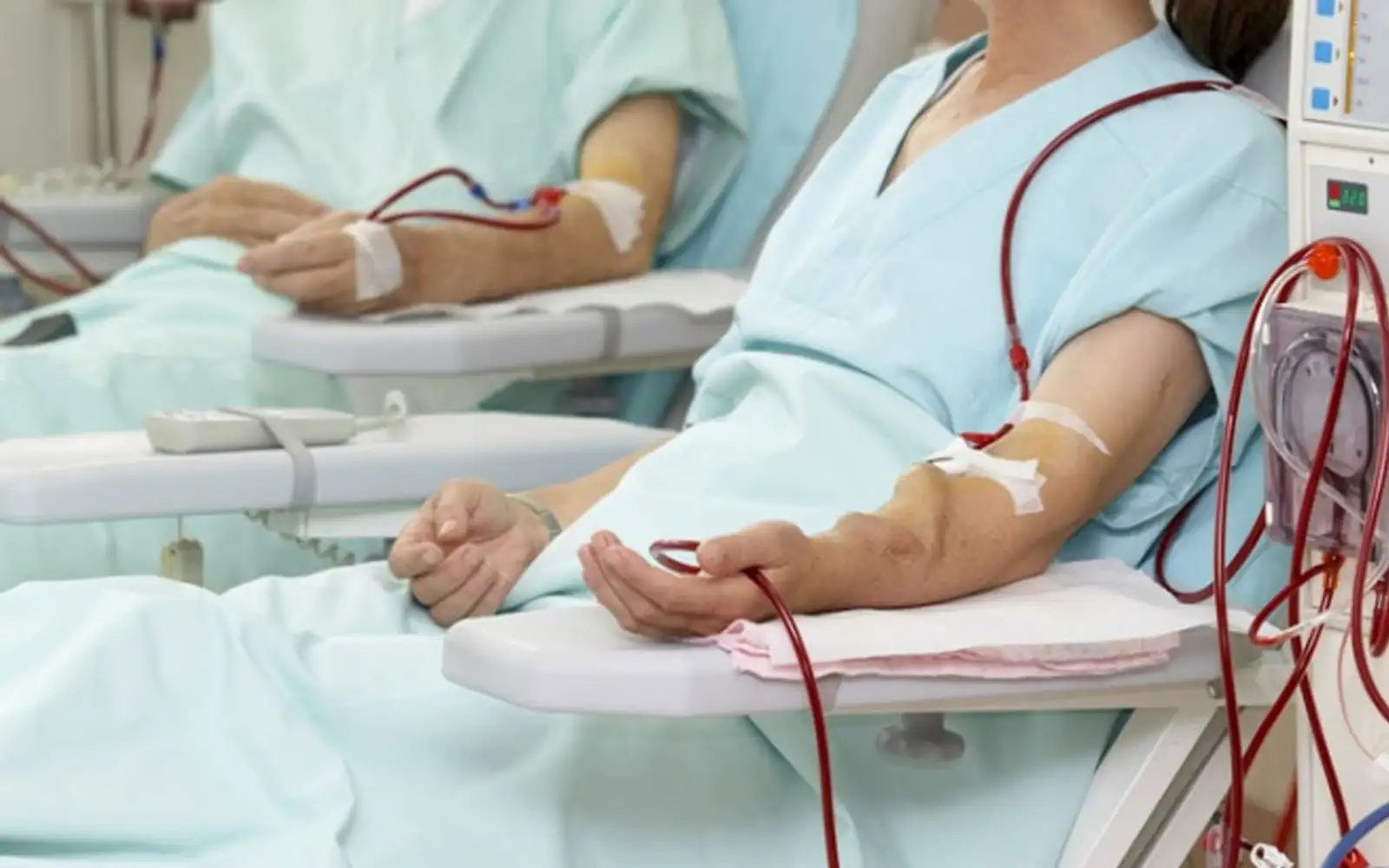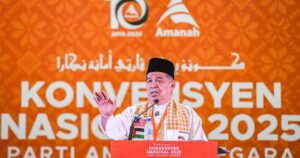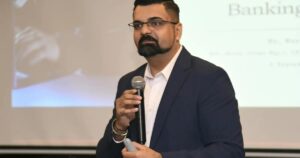
By Ravinder Singh
As Malaysia rolls out the 13th Malaysia Plan (13MP), there’s strong momentum for bold reforms. Ambitious targets for digitalisation, artificial intelligence, and infrastructure reflect a future-focused vision.
But amid these priorities, three urgent health crises remain overlooked, each one deeply personal, financially draining, and fixable with the right political will and smart collaboration.
Dialysis patients deserve hope, not just survival
Over 53,000 Malaysians rely on dialysis to stay alive. By 2040, that number may double to 104,000.
While dialysis prolongs life, only a kidney transplant offers a cure. Tragically, the average dialysis patient survives just 10 years, and the waiting time for a transplant in Malaysia is more than 13 years.
That’s not a care model. It’s a slow-moving tragedy.
Even more painful is the missed potential. Malaysia has the capacity to perform up to 12 cadaveric transplants daily. Yet we average only two per month.
The economic cost is staggering. RM2 billion is spent annually on dialysis, projected to balloon to RM10 billion by 2040.
Meanwhile, new organ pledges are dropping fast: 2022 (51,654), 2023 (28,277), 2024 (15,399) and January–June 2025 (just 6,258).
Today, fewer than 400,000 Malaysians are registered organ pledgers. In a population of 33 million, we should aim for three to five million.
But even when someone pledges, families override the decision 93% of the time.
The health ministry’s Warisku, Hormati Ikrarku campaign is a timely reminder: a pledge is a promise, one that should be honoured.
We need urgent reforms: make family consent the default, offer takaful incentives to pledgers and launch a national transplant strategy that reflects the scale of the crisis
Every day we wait, 22 Malaysians on dialysis die hoping for a transplant.
60% of Malaysians uninsured
Despite 120 years of insurance presence in Malaysia, nearly 60% of citizens still have no life insurance or takaful coverage.
The Economic Transformation Programme (ETP) once aimed for 75% coverage by 2020. That goal wasn’t just missed, it was forgotten.
This isn’t due to public apathy. The real issue is outdated delivery models.
Traditional agency and bancassurance channels fail to reach low and middle-income Malaysians.
And while digital and microtakaful innovations offer promise, vested interests often block or marginalise them.
The human cost is heavy. Around 350 Malaysians die each day without any protection.
Families are left grappling with grief, and financial collapse.
It’s time to unlock alternative models: digital-first distribution; simple, affordable plans; community-based outreach.
Financial protection shouldn’t be a privilege. It’s a basic right.
Prevention isn’t a threat, it’s the missing pillar
Malaysia’s non-communicable disease (NCD) crisis is accelerating. Over 60% of Malaysians are overweight or obese. Diabetes and heart disease continue to strain public hospitals.
Yet prevention remains an afterthought. Why? Because our system is still treatment-focused, not prevention-led.
But we don’t need to start from scratch. One in five Malaysians already lead healthy lives. Why not mobilise them to mentor others in their homes, workplaces, and communities?
Prevention doesn’t require huge budgets. What it needs is leadership, smart policies, and environments that support healthy choices by default — not exception.
The 13MP could still be a turning point — if we act
We already know what needs fixing. Let’s get to it:
- Scale up transplants and organ pledging so dialysis patients get a real chance at life.
- Break insurance barriers and reach the 60% left behind.
- Mobilise healthier Malaysians to drive a national movement in prevention.
These solutions aren’t moonshots. They’re realistic, affordable and morally urgent.
Let’s not waste another five years. Let’s give Malaysians what they need most: hope.
Ravinder Singh is an advocate for insurance reform, public health and organ donation, and an FMT reader.
The views expressed are those of the writer and do not necessarily reflect those of FMT.






